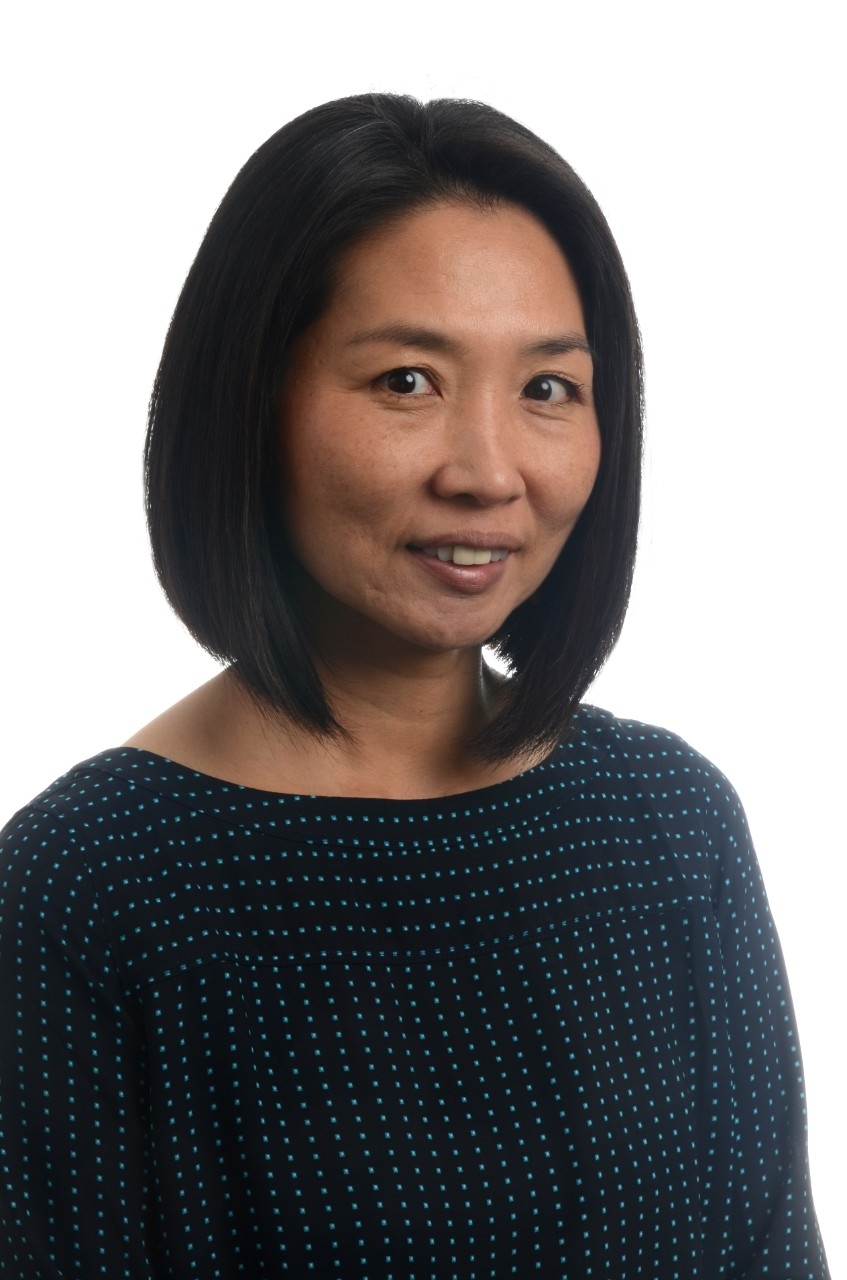
Dr. Reiko Ozaki didn’t always plan to become a professor.
“Teaching is something I fell into after doing social work for so many years,” she says. “I think it was a really natural progression to teach future social workers what the profession expects and how to be a good social worker.”
Dr. Ozaki, an associate professor of social work at Northern Kentucky University, has specialized in domestic violence for the last 30 years.
It all started when she was pursuing her bachelor's degree in social work and was hired by a small nonprofit serving immigrant/refugees to do outreach on domestic violence in Central Ohio.
She later received her master’s in social work and became a therapist for a program working with domestic violence offenders.
“I was really lucky to be able to work in that field at that time. I learned a lot about clinical work but also domestic violence and understanding it from the offender side,” she says. “It’s a group-based program where you work with domestic violence offenders who are referred by the court system. You sit with them every week and make sure that they are not reoffending, make sure that they are learning new ways of communicating with partners and communicating back to the probation officer and judges. It was a lot of coordinated response to domestic violence happening in the city that I was working in.”
Dr. Ozaki later joined a statewide organization, the Ohio Domestic Violence Network, that allowed her to provide training and technical assistance to programs working with domestic violence offenders. For 10 years, she worked as a consultant and visited shelters, prisons and therapy programs to provide training and assistance.
When Japan passed its first domestic violence law in 2001, Dr. Ozaki was invited to speak in several cities about how the U.S. was handling work with domestic violence offenders.
However, she quickly realized how much work was still needed to provide basic support for domestic violence victims in Japan and decided to focus on victim advocacy first.
“We really have to take care of the victims first,” she says. “There were a lot of volunteers who were using their own money and opening up their own homes or buying a place with their retirement money to open a shelter. People were really doing grassroots work then. I felt the need to really do something to help people help those victims.”
Dr. Ozaki took what U.S. advocacy programs were doing and began training DV victim advocates for various organizations across Japan in 2005. Now, the training is housed in the YWCA of Tokyo, for which she is a consultant. She also published a book—"The Domestic Violence Victim Advocacy Handbook”—that became the textbook used for those trainings.
“I felt like I have a responsibility, in a way, as person who speaks both Japanese and English, to bring some information that I know from here so that things can be better in Japan,” she says. “Japan has really struggled to implement something new. The U.S. has done so much in dealing with domestic violence. People around the world are following what the U.S. has done with coordinated community response—where the police, court system, victim advocacy organizations, counseling agencies and children’s services all work together. It's really difficult to do. And in some communities, it works. But in some communities, it doesn't work at all. There are things that are really harming victims, and we don't want to do it that way. There's no easy fix for anything, but I think what I can do is to bring that kind of conversation to Japan.”
More than 30 years later, even after receiving her doctorate degree in social work, Dr. Ozaki still has a working relationship with the YWCA of Tokyo. She also consults with the City of Akashi, helping them create their own coordinated community response.
As a social worker and professor, Dr. Ozaki brings lessons and real-world experiences into the classroom so that her students understand the reach that social work can bring.
“I try to bring in my community and international social work experience to my classroom so that students can benefit from what I'm doing,” she says. “But I also think about what they can do globally. We live in a global world, and I really want my students to think of themselves to feel comfortable thinking from a global lens. We are a citizen of the world rather than just this country. There's so much that social workers can do to contribute and improve things for everybody, not just for this one little place.”
Editor, NKU in View
Assistant Director, University Communications